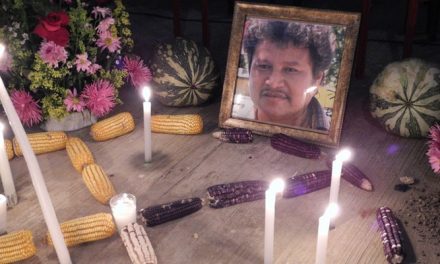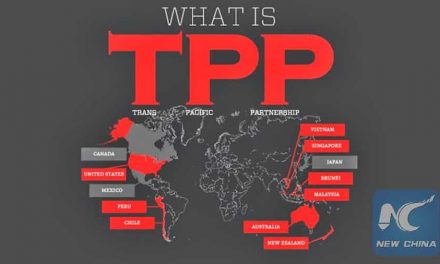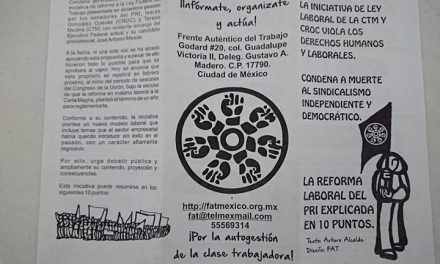Randy Jorgensen, the Canadian “Porn King”, To Appear in Honduran Courts for Illegal Possession of Garifuna Lands for Tourist Projects
October 28, 2015
By Karen Spring
karenspring.com
Randy Jorgensen will appear in Honduran courts under charges of usurpation, related to the illegal possession of Afro-indigenous, Garifuna lands in Trujillo, Honduras. Jorgensen, also known as the Canadian Porn King, is a major investor in various tourist projects in the Trujillo Bay area along Honduras’ northern Caribbean coast, including the ‘Banana Coast’ cruise ship terminal, and various gated-community projects. Charges against Jorgensen involve the illegal purchase and on-going use of land within a community land title belonging to the Garifuna communities of Cristales and Rio Negro, located in Trujillo Bay.
The legal hearing will take place on November 13 and the charges come after years of investigation of the illegal land sales. In June of this year, an arrest warrant for Jorgensen was issued by the Honduran Attorney General’s office. The majority of the alleged “land sales” in Rio Negro were made under threat of expropriation and repression, given the tense political environment following the June 2009 military coup in Honduras.
The Garifuna are an Afro-indigenous people that have lived for over 200 years along the Caribbean coast of Honduras, on lands now threatened by the foreign and national tourism industry. In the Trujillo region, Garifuna communities are also being evicted from their ancestral lands amid the possible construction of an Economic Development and Employment Zone (ZEDE) or Model City. Jorgensen’s investments are seen as the seed of a future ZEDE or parts of what could grow into a free trade, special development zone in the region.
-read the rest of the story here
Karen Spring is a human rights activist and the Honduras-based Coordinator for the Honduras Solidarity Network (HSN). Their work focuses on educating North Americans about the impacts of the political and economic policies of the U.S. and Canadian governments, transnational corporations, and International Financial Institutions, in Honduras and the region.





